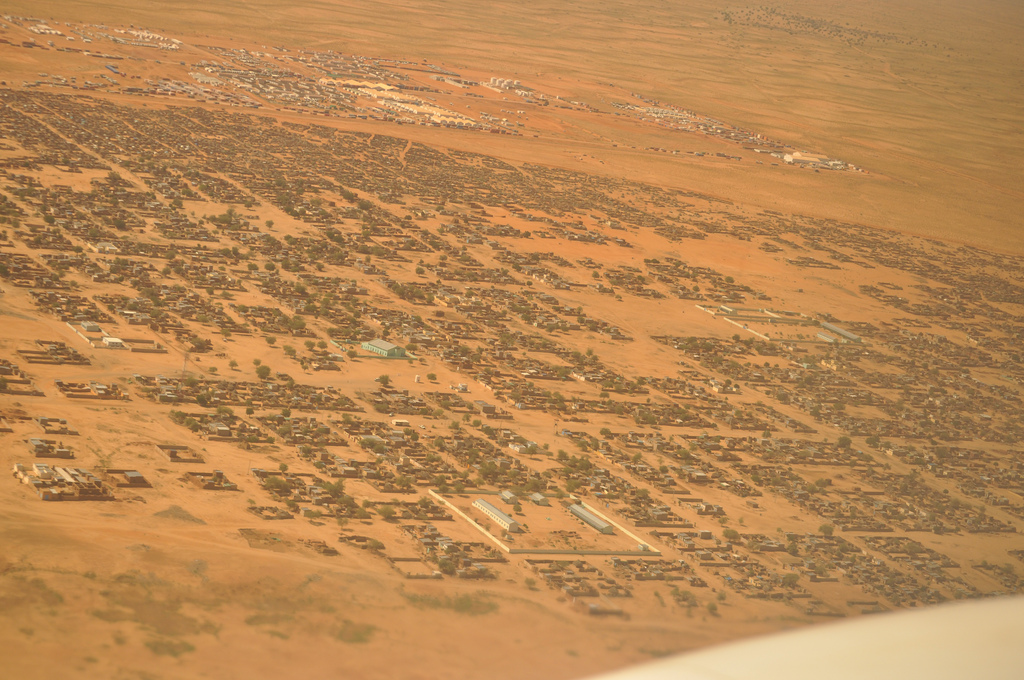Yale’s Humanitarian Research Lab has reported that the Rapid Support Forces (RSF) initiated mass killings following their takeover of El-Fasher in North Darfur, Sudan. Satellite imagery and open-source data analyzed by the lab corroborate accounts of widespread violence targeting civilian populations, particularly in neighborhoods and near hospitals as individuals attempted to flee the city.
On a distressing note, Nathaniel Raymond, the lab’s executive director, shared that communication with local contacts revealed alarming casualty figures. “Individuals on the ground sent a message that reached us Monday morning that 1,200 were dead,” he stated. “By that evening, they said 10,000. By Tuesday, we couldn’t reach them anymore. We assume our ground contacts are dead.”
The Yale lab first alerted global authorities to the potential for violence in El-Fasher in July 2023 and has since communicated with the United Nations Security Council six times, issuing warnings to the U.S. National Security Council, National Intelligence Council, and the State Department. Over 60 reports have outlined the ongoing conflict in Sudan.
The lab’s recently published report details RSF forces conducting house-to-house operations in the Daraja Oula neighborhood. Analysis identified RSF vehicles, some equipped with firearms, obstructing streets, along with objects resembling human bodies and reddish earth discoloration, indicative of executions.
“I haven’t seen violence like this since Rwanda,” Raymond lamented. “The velocity and ferocity of the RSF killing civilians since Sunday is unlike anything I’ve seen in 26 years of doing this work.”
The second report, released the following day, revealed systematic killings at a maternity hospital, which was the last operational medical facility in El-Fasher, and at a former children’s hospital repurposed as a detention center. Satellite images indicated dark objects consistent with human remains within the children’s hospital compound. Videos posted by RSF soldiers themselves showcased them executing civilians in the hospital.
The ongoing war in Sudan, which erupted in April 2023, has resulted in over 150,000 civilian deaths and the displacement of approximately 14 million people, according to the BBC. The conflict primarily involves the RSF and the Sudan Armed Forces (SAF) vying for control of the nation. The RSF, under General Mohamed Hamdan Dagalo, has ties to the United Arab Emirates and has roots in the Janjaweed militia responsible for the Darfur genocide in 2003.
“The groups that have been rallied to fight are doubtlessly trying to settle scores, and some wish to ethnically cleanse northern Darfur,” noted Alden Young, an associate professor of history and global affairs. He referred to a project aimed at consolidating Arab groups in the region.
El-Fasher was the last stronghold of the SAF in Darfur, enduring an 18-month siege before succumbing to RSF control. The Humanitarian Research Lab has documented atrocities since the war’s inception, including the El-Geneina massacre in June 2023, which resulted in the deaths of between 10,000 and 15,000 civilians, primarily from the Massalit tribe.
Kholood Khair, a peace fellow at the Jackson School of Global Affairs, remarked, “We are absolutely seeing the same patterns of violence — the systemic, ethnic-based violence — in El-Fasher today as we saw against the Massalit community in West Darfur two years ago, and also 20 years ago during the Darfur genocide.”
Raymond criticized the international community’s inaction, claiming that nations like the United States and the United Kingdom have prioritized their economic and security relationships with the United Arab Emirates over the safety of the Sudanese populace. He called upon the U.S. to utilize drones for surveillance over El-Fasher to document the ongoing war crimes, emphasizing the absence of sanctions against the UAE.
“The reason that we are where we are is that we just didn’t care enough,” he stated. “The survival of these people matters less than our economic relationships with the UAE, and that’s why these people are dying.”
Despite the escalating violence, Raymond noted a lack of significant student activism, particularly at Yale, which was reminiscent of the vibrant Save Darfur movement two decades ago. He urged students to harness their collective influence to advocate for action.
“I don’t think Yale students know how powerful they are. They’re very powerful if they choose to be,” Raymond concluded.
The Humanitarian Research Lab operates under the auspices of the Yale School of Public Health, focusing on vital humanitarian issues and documenting severe global crises.







